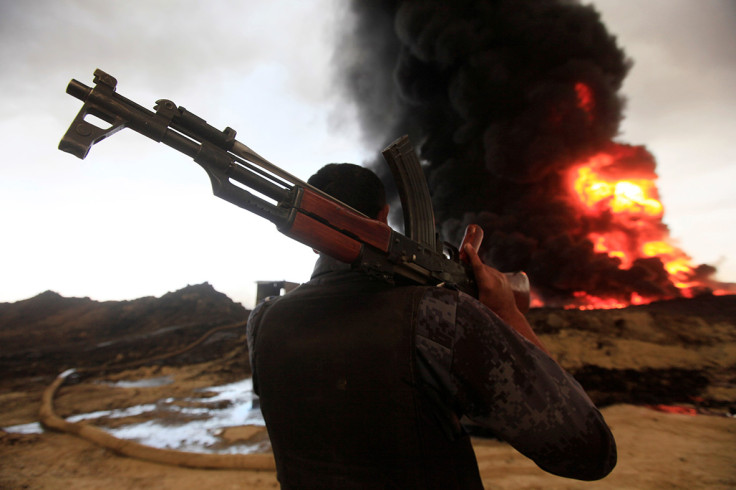FBI targets Islamic State social media chiefs
American and allied forces campaign takes out more Daesh's influential computer experts

The FBI has assassinated more than a dozen of Islamic State's (IS) most influential social media experts who incited followers to commit terrorist atrocities in the Western world, it has been claimed.
An American and allied forces campaign, aimed at tackling online extremism, targeted a cell known as "the Legion" in a coordinated and secretive mission to undermine IS's (Daesh) ability to incite attacks by its followers across the globe.
While American military, intelligence and law enforcement officials acknowledge the group's potent social media influence, they believe their efforts against "the Legion" have significantly reduced IS's capabilities to order and inspire attacks in Europe and the US.
Junaid Hussain, from Birmingham, led the group as one of its most influential hackers and online recruiters, according to the New York Times.
The 21-year-old was targeted in 2015 by armed drones in eastern Syria, killing him as he exited an internet cafe in Raqqa.
Initially, the threat of "the Legion" was considered to be at a law enforcement level. However, last year, the FBI stepped up its monitoring of the cell, according to officials.
While allied forces in Syria took aim at the group in a series of drone strikes, the FBI analysed their social media reach, pinpointing who had been inspired to take action and making nearly 100 subsequent arrests.
Many of the arrests were of people who had been in direct contact with "the Legion" on social media. Others had connections with Hussain and Reyaad Khan, another British leader of the group, Andrew McCabe, deputy director of the FBI told the New York Times.
In March 2015, Hussain and Khan's group was responsible for posting the names and addresses of military officials with the message: "Kill them in their own lands, behead them in their own homes, stab them to death as they walk their streets thinking they are safe."
Court records show Hussain was in touch with at least four men in four different states, urging them to commit attacks and fuel violence.
Hussain encouraged Usaamah Abdullah Rahim, who was killed by the FBI in 2015, to behead Pamela Geller, a conservative blog author. A mission he did not fulfil.
Other members of "the Legion" were also inciting violence online. Another Briton, Raphael Hostey, urged 19-year-old Mohammed Hamzah Khan from Illinois to travel to Syria, however he was stopped with his two younger siblings by the FBI.
According to a senior American law enforcement official, the spring and summer of 2015 was a "nightmare" for the FBI after a string of attacks left the bureau overstretched and under strain.
FBI director, James B Comey, told the New York Times the bureau was struggling to keep up with the fast-moving pace of the evolving threat, forcing it to move criminal officers to surveillance squads.
Months of drone strikes by American and British forces followed, killing Hostey in May and Khan some months later.
An Australian, Neil Prakash, was targeted in a strike around the same time. However, he survived the attack. According to a military official, he was arrested recently by an undisclosed Middle Eastern Government.
IS has been slow to replace "the Legion" and American officials have expressed surprise at its failure to replace hackers such as Hussain.
However, the Bureau says it's still working hard to fight the group's work, even after "the Legion" has been neutralised.
"We are still dealing with the repercussions of that development and that recruitment of that network to this day," the FBI's Mr McCabe told the the New York Times.
© Copyright IBTimes 2024. All rights reserved.







